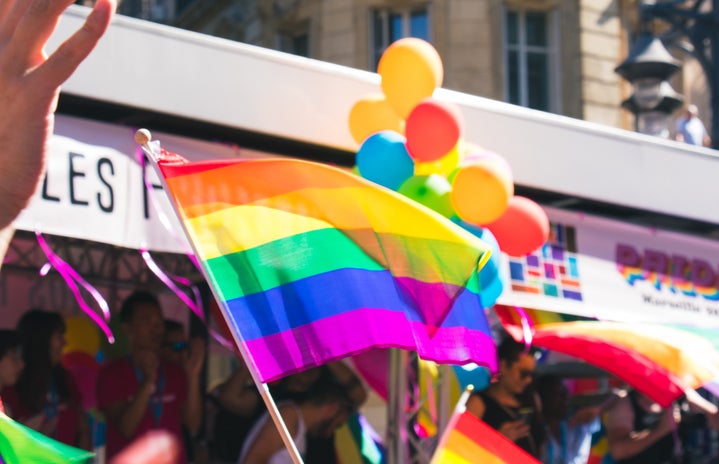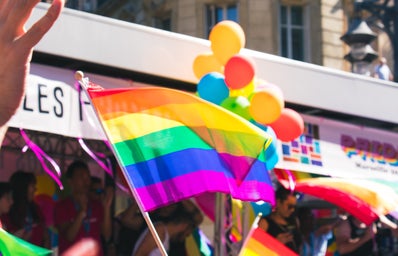Currently, Florida legislature is moving forward with their Parental Rights in Education bill, also coined as their ‘Don’t Say Gay’ bill, essentially limiting classroom discussion on LGBTQ+ related topics, including sexual orientation. If this bill is signed, it is feared there will be a complete ban on LGBTQ+ education, students will have limited knowledge on history, have no place for discussion, and lead to further regression in legislation.
The supporters of the bill claim that there is no need for discussion of sexual orientation because it is not age-appropriate. The bill is trying to, “[R]einforce the fundamental right of parents to make decisions regarding the upbringing and control of their children in a specified manner.”
Whereas protestors of this bill claim that it was constructed to promote heteronormative lesson plans, invalidate members of the LGBTQ+ community, and get rid of already limited safe spaces for kids.
In addition, many worry that ‘Don’t Say Gay’ is putting more strain on children in the LGBTQ+ community, singling them out and refusing them and their peers a proper education. The Trevor Project, the largest suicide prevention organization, reports in a 2022 study that 42% of LGBTQ+ children were seriously considering attempting suicide.
So what happens when a school takes away its resources through this bill? These students can no longer talk to their teachers, guidance counselors, and peers in a comfortable, academic setting. While simultaneously having their connections cut off, they are being forced to digest solely straight-based content.
Unfortunately, the ‘Don’t Say Gay’ bill is not a new issue, inclusivity for the LGBTQ+ community in education, especially sexual education is very uncommon. The Human Rights Campaign states, “LGBTQ youth reported either not having any sex education in their schools or having limited sex education that was primarily or exclusively focused on heterosexual relationships between cisgender people (people whose gender identity matches their sex assigned at birth), and pregnancy prevention within those relationships.”
Members of the LGBTQ+ community deserve to learn about themselves, how to have safe sex, and have a presence in the classroom. Adding these lesson plans to a curriculum would also lower stigma for the LGBTQ+ community because there will be more knowledgeable about this community and it will become more “normalized.”
A study conducted by The Trevor Project proves inclusivity in education is a step in the correct direction by finding that 19% of middle and high school LGBTQ+ students who never learned about LGBTQ+ education committed suicide 12 months after taking the survey.
The suicide rate for LGBTQ+ middle and high schoolers who learned about LGBTQ+ education in school is 16%. Both these statistics are heartbreaking, but prove insecurity in education has an effect.
Advocating for education, resources, or anything to lower this staggering statistic is vital.
Fair education means that every student in a classroom can learn about themselves, their body, and their history. The point of teaching history is not to use confirmation bias for a political agenda, to make it prettier, or to ignore something because it is uncomfortable for you. This is a large problem that America faces, ignoring indigenous history, only teaching a white history, and denying sexual education to those in the LGBTQ+ community.


